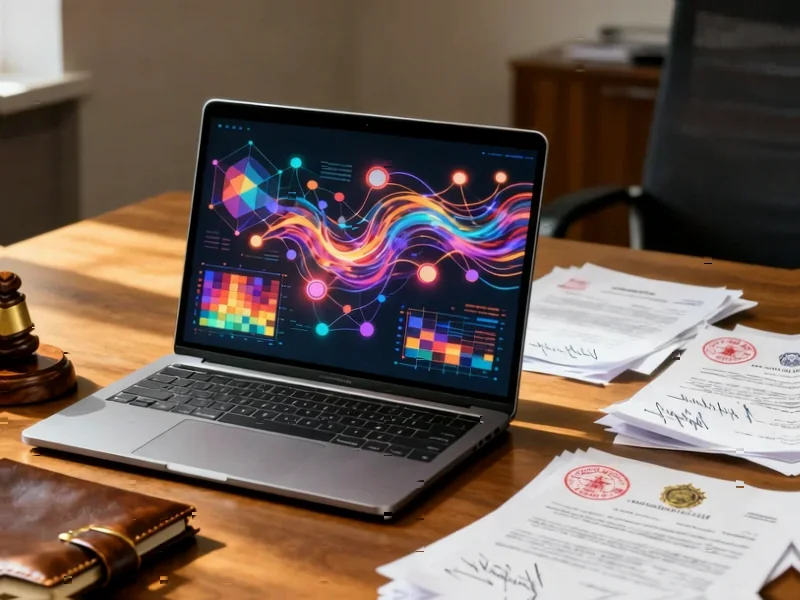According to engadget, Australia’s Communications Minister Anika Wells announced on Wednesday that Reddit and streaming platform Kick will be included in the nation’s under-16 social media ban scheduled to take effect December 10. The legislation, which passed in late 2024, puts the responsibility on platforms rather than parents to prevent underage access. Companies that don’t take reasonable steps to block users under 16 face penalties up to AU$49.5 million (about $32 million). Reddit and Kick join the previously announced list that includes Facebook, X, Snapchat, TikTok, YouTube, and Instagram. Australia considers this list a starting point and won’t rule out adding more platforms like Discord, Twitch, GitHub, and Roblox in the future.
How this actually works
Here’s the thing – this ban fundamentally shifts responsibility from parents to the platforms themselves. The government is essentially saying “you built these sophisticated tracking and targeting systems, now use that same tech to keep kids out.” Companies will need to implement age verification systems that actually work, which is way harder than it sounds. And they’re facing massive fines if they get it wrong – we’re talking nearly AU$50 million per violation. That’s serious money even for the biggest tech giants.
The YouTube precedent
Remember how YouTube was initially excluded because it was considered educational? That didn’t last. Other platforms basically cried foul, arguing it wasn’t fair that YouTube got a pass while they had to comply. So Australia folded and added YouTube to the list. This tells you something important – the government seems willing to adjust the rules as they go. Basically, if your platform has any social or interactive elements, you’re probably on the hook regardless of your educational content.
The real challenge
So how exactly are platforms supposed to verify ages effectively? That’s the billion-dollar question. Most current methods are either easily bypassed or raise serious privacy concerns. Think about it – are we really expecting platforms to start collecting government ID from users? And what about VPNs? Tech-savvy teens have been circumventing age restrictions for decades. The platforms are being asked to solve a problem that’s fundamentally about human behavior with technological solutions. Good luck with that.
Broader implications
This Australian move could become a template for other countries wrestling with the same issues. We’re seeing similar debates in the US, UK, and EU about protecting minors online. But there’s a real tension here – at what point does protection become overreach? And is it realistic to expect global platforms to implement different age verification systems for every country? The Guardian reports that Minister Wells described this as preventing “predatory algorithms” and “toxic popularity meters” from manipulating children. That’s strong language that suggests this is about more than just age gates – it’s about fundamentally changing how these platforms engage with young users. Whether that actually happens remains to be seen.




